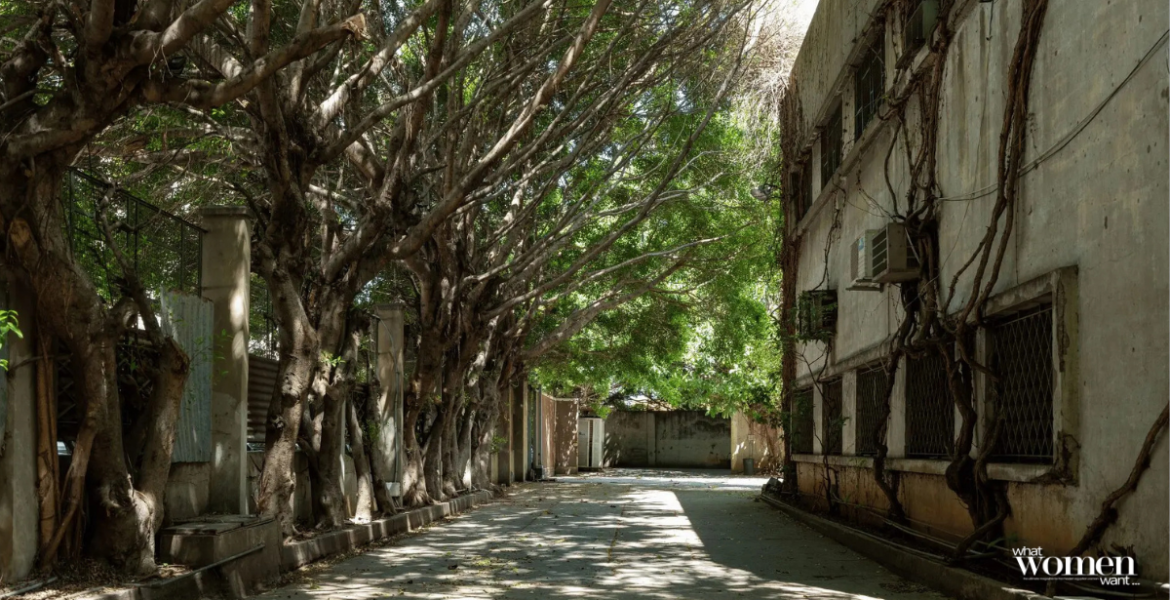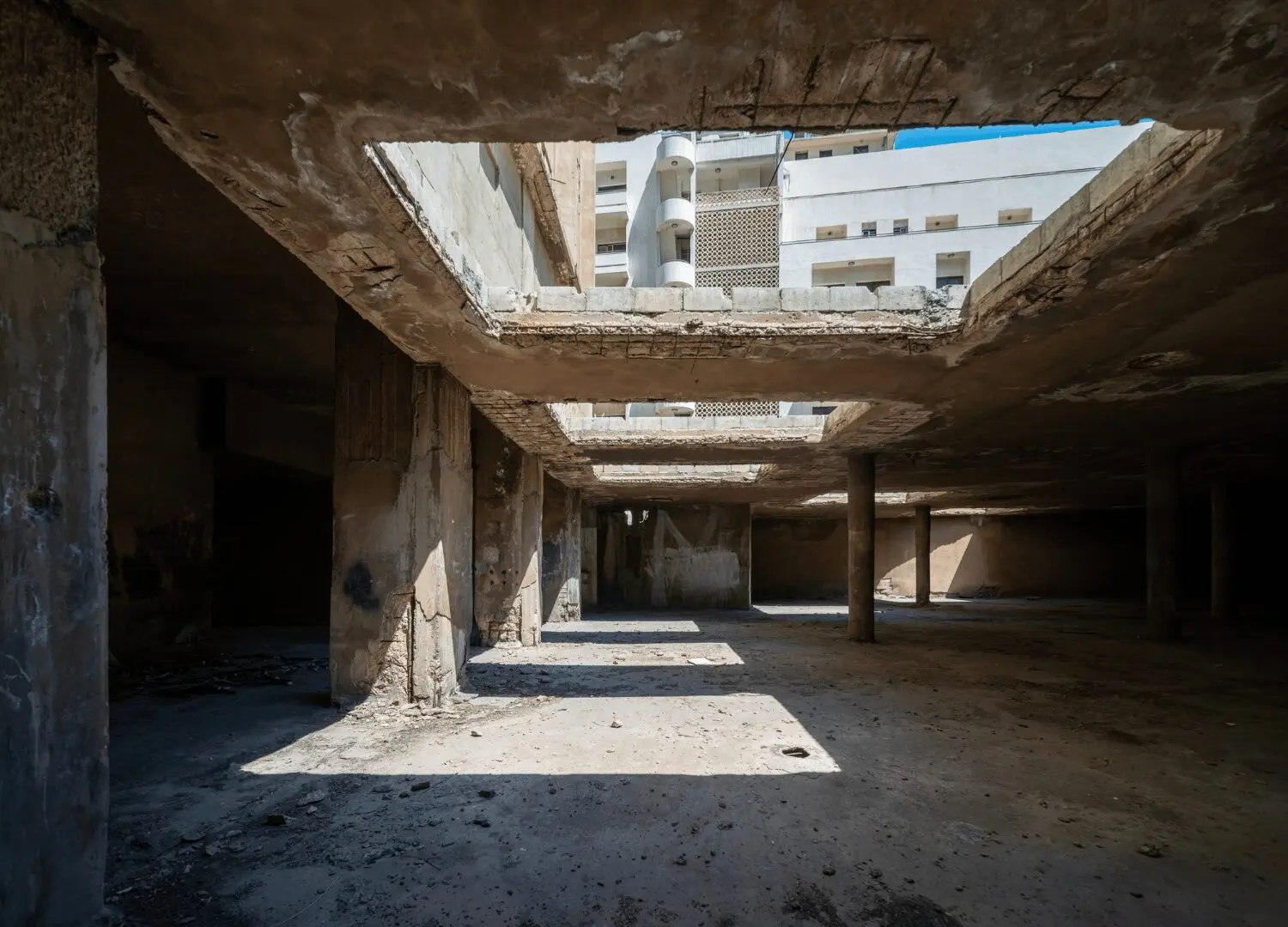We take a look inside the creative worlds of Noura Hakim and Rania Malli. We interviewed the two acclaimed Lebanese designers who are going to participate in We Design Beirut this week. They share with us their collaborations and processes in We Design Beirut, and the challenges women face in this industry.
We Design Beirut
This week, We Design Beirut, a five-day design experience in Beirut. The event starts from October 22nd to October 26th. The design event is an accumulation of Lebanese creativity, culture, and history. It gathers established and emerging Lebanese designers and aspiring students to showcase their work and connect over art.
Women in the Design Industry
In the design industry, Women face some prejudice, gender bias, and stereotypes, fighting for equality in a male-dominated industry. One of the main aims of We Design Beirut is to give Lebanese women designers a space to showcase their work. We were delighted to interview Noura Hakim of Atelier Trente Trois and Rania Malli of Stones by Rania Malli, acclaimed Lebanese designers, who took part in this year’s We Design Beirut. They share their collaborations in We Design Beirut, challenges they face as women in the industry, and thoughts on design.
Noura Hakim of Atelier Trente Trois
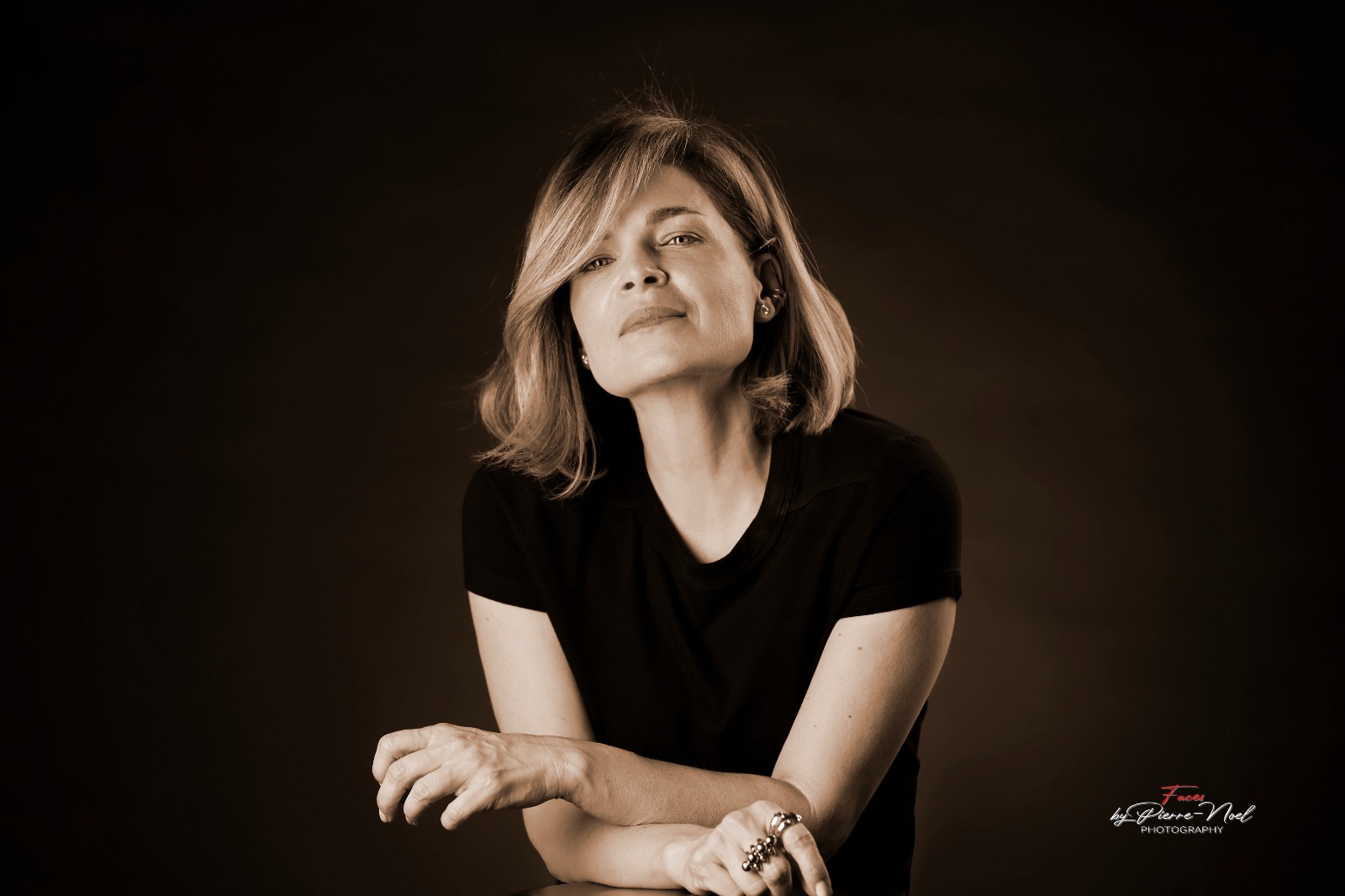 Noura Hakim co-founded Atelier Trente Trois in 2013, delivering creative lighting across the Middle East, Africa, and Europe. Their services are specific and personalized. Atelier Trente Trois collaborates with We Design Week to illuminate the Immeuble de l’Union, the modernistic and cultural Lebanese landscape. Atelier Trente Trois will co-host the exhibition Union, A Journey Through Architecture and Light, exploring the site’s history and restoration. Noura expresses,
Noura Hakim co-founded Atelier Trente Trois in 2013, delivering creative lighting across the Middle East, Africa, and Europe. Their services are specific and personalized. Atelier Trente Trois collaborates with We Design Week to illuminate the Immeuble de l’Union, the modernistic and cultural Lebanese landscape. Atelier Trente Trois will co-host the exhibition Union, A Journey Through Architecture and Light, exploring the site’s history and restoration. Noura expresses,
“Through light, we wanted to capture the layers of history, memory, and hope that live within these walls.”
Rania Malli of Stones by Rania Malli
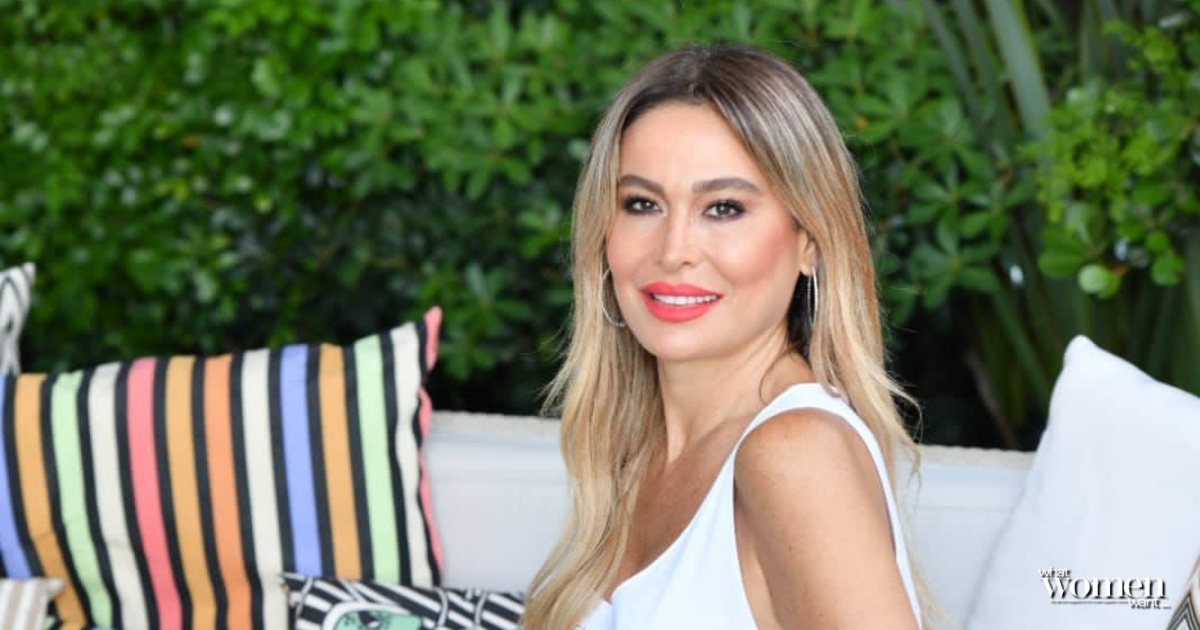 Rania Malli came from a long line of marble family business. Becoming the founder of Stones by Rania Malli in 1975. Stones by Rania Malli, one of the region’s largest and most respected marble manufacturers. In We Design Beirut, they are sponsoring and producing the marble design exhibition Of Water & Stone held in the Roman Baths, reinterpreting the ancient site. Stones by Rania Malli is producing 21 marble installations by different designers, exploring themes of cleansing, healing, and transformation. Rania shares the process of creating the exhibition,
Rania Malli came from a long line of marble family business. Becoming the founder of Stones by Rania Malli in 1975. Stones by Rania Malli, one of the region’s largest and most respected marble manufacturers. In We Design Beirut, they are sponsoring and producing the marble design exhibition Of Water & Stone held in the Roman Baths, reinterpreting the ancient site. Stones by Rania Malli is producing 21 marble installations by different designers, exploring themes of cleansing, healing, and transformation. Rania shares the process of creating the exhibition,
“working hand in hand with each designer, translating their concepts into marble, and watching how this timeless material interacts with water, light, and the historic site.”
Challenges They Face
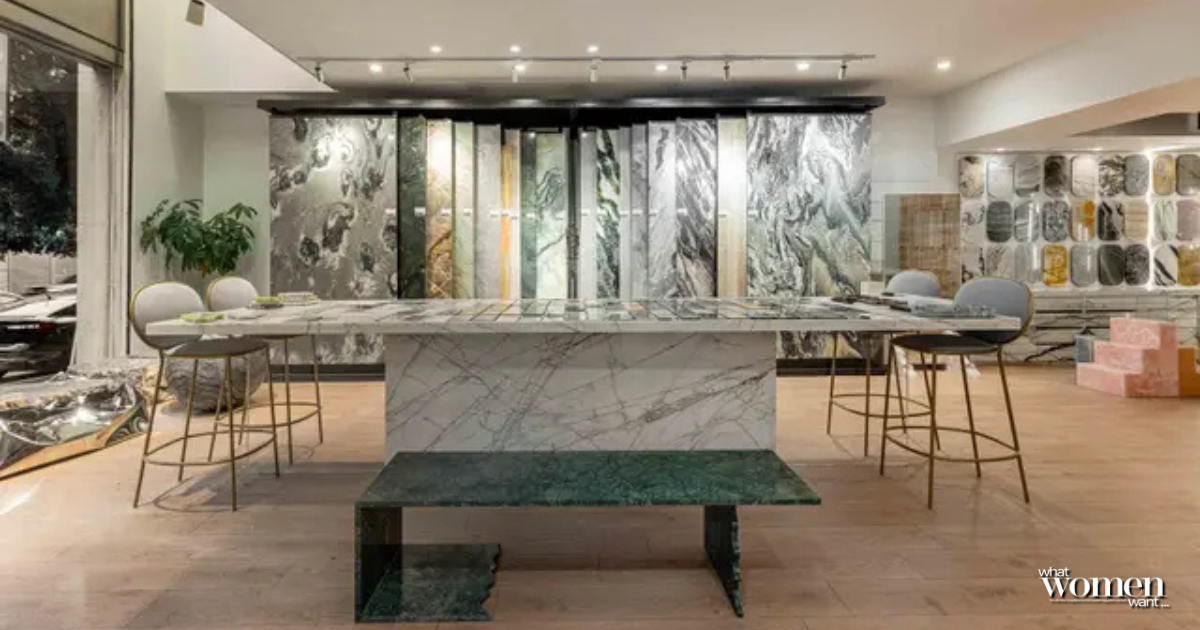
Women face many challenges in many fields. Noura shares the difficulties of being a woman in this field. The challenges always come with the on-ground work across different countries to translate the vision into action.
“It can be tough to ensure that teams on-site not only understand the technical side but also take my instructions seriously.” Another problem is that during custom lighting production. She comments,
“We spend hours, sometimes days, in factories ensuring that every detail, material, and reflection feels right.” Noura adds that “Getting that level of precision while being listened to and respected as a woman can be tough sometimes.”
However, at the end of the day, seeing the finished projects makes it all worthwhile.
The stone industry has always been a male-dominated field. Rania expresses,
“As a woman, I had to earn my place by understanding the material deeply and leading with confidence, not competition.” She adds, “I navigate it by staying grounded in knowledge and collaboration.”
We Design Beirut for Upcoming Female Designers
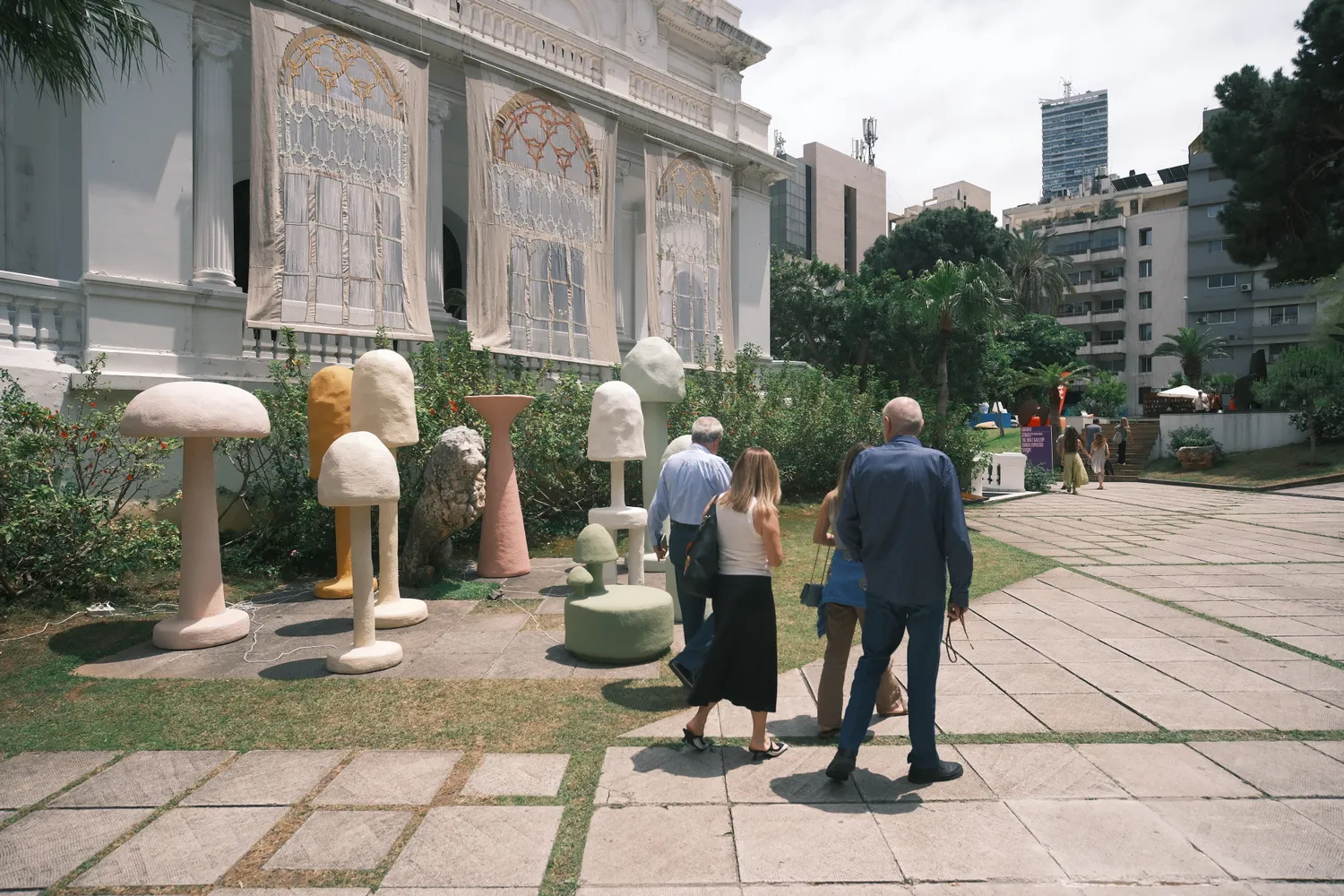 Events like We Design Beirut are important to highlight women and their work in the industry. Many upcoming artists look for places that would give them support and a place to grow. We Design Beirut not just encourages women, but it also represents the country’s creativity. The event represents an important part for women’s voices to be shared confidently. Noura expresses,
Events like We Design Beirut are important to highlight women and their work in the industry. Many upcoming artists look for places that would give them support and a place to grow. We Design Beirut not just encourages women, but it also represents the country’s creativity. The event represents an important part for women’s voices to be shared confidently. Noura expresses,
“We Design Beirut isn’t just important for women. It’s important for everyone. It gives a voice to Lebanon as a creative force, showcasing how much depth, talent, and resilience exist in our design community.”
Rania shares,
“It’s a space where women can create freely and be recognized for their work on equal ground. We Design Beirut gives visibility to women who are shaping the creative scene and encourages dialogue across disciplines.”
Hopes for the Experience
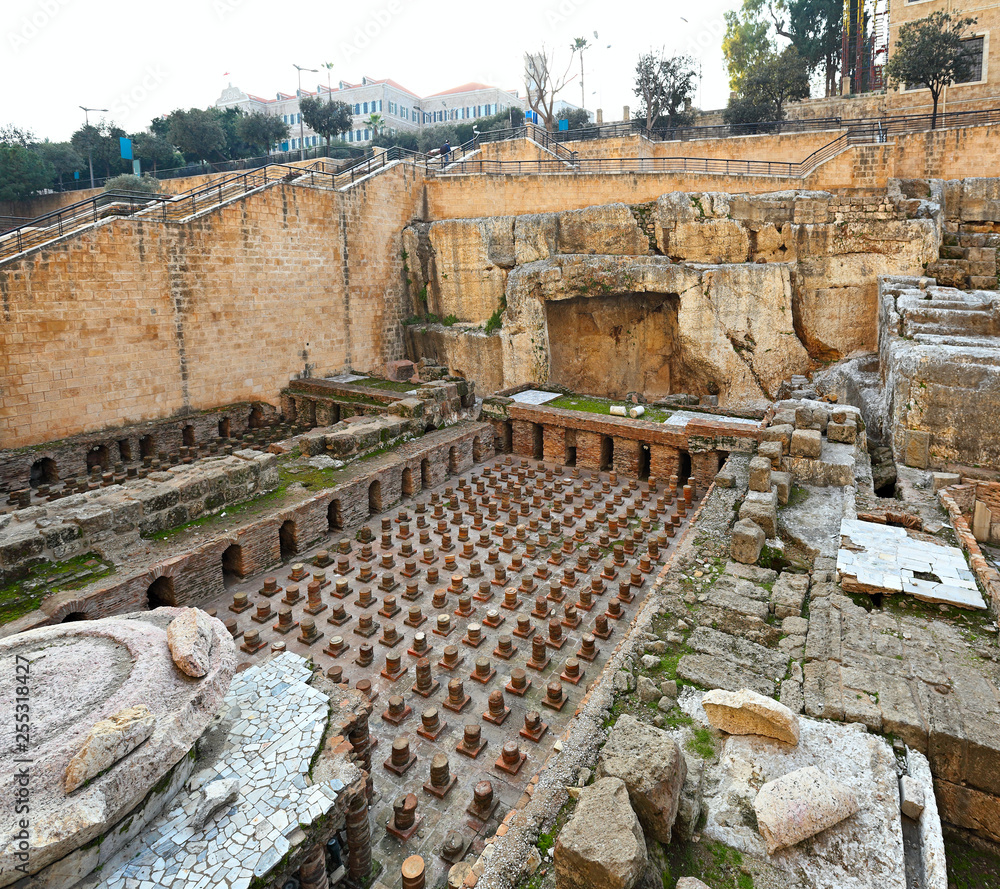 Noura and Rania share what they hope designers and the audience take away from an event that is rooted in Lebanon’s culture. Noura says,
Noura and Rania share what they hope designers and the audience take away from an event that is rooted in Lebanon’s culture. Noura says,
“Even in hardship, we create with both pain and joy, and that’s what truly defines Lebanese design.”
Rania expresses that “I hope they experience the power of material, history, and collaboration.” She comments on the Roman Baths installations, saying, “I want people to feel that healing is possible, and that design can be a language for it.”
A message of Hope
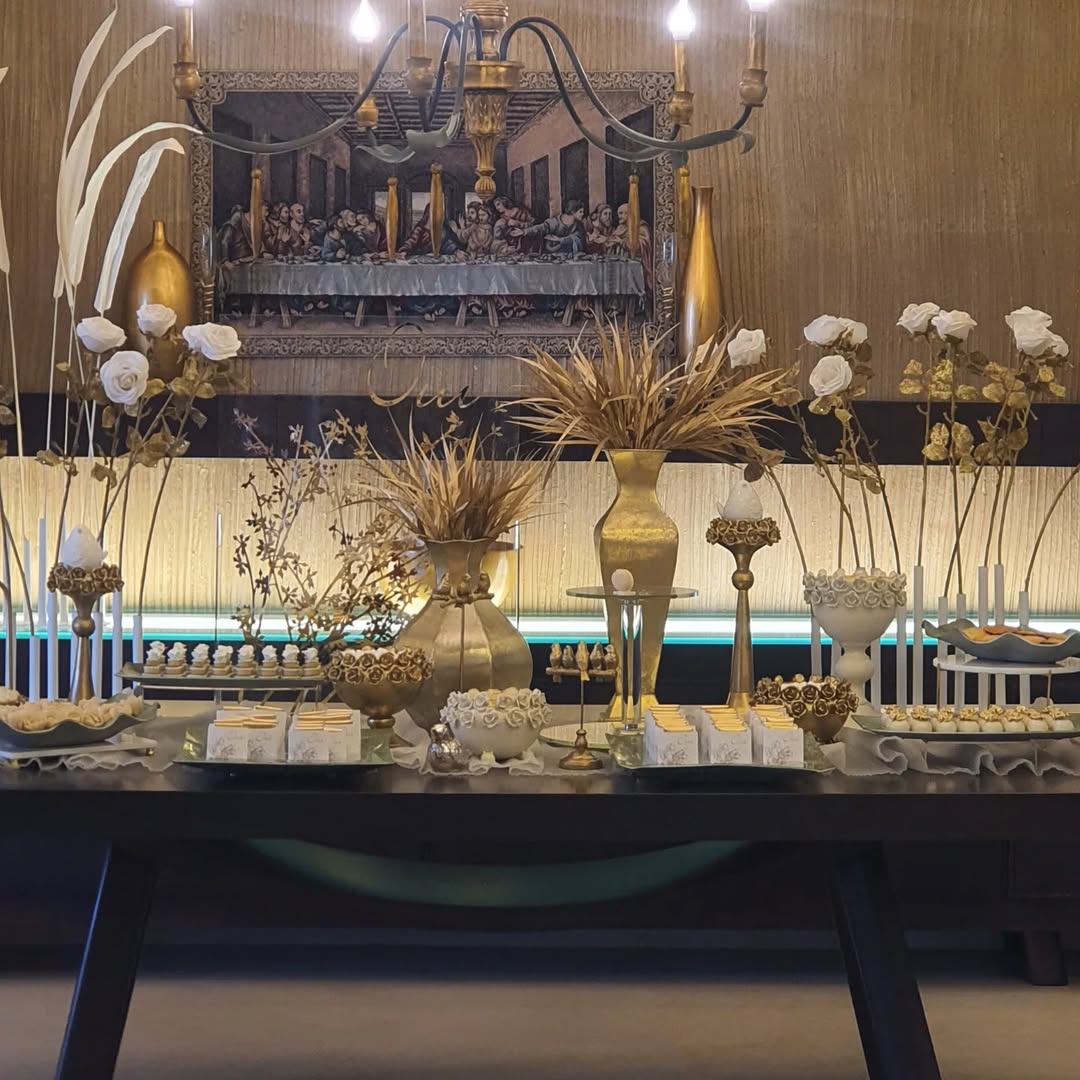 For aspiring women who want to build their career in design. The most important thing is to be true to yourself and what you want to be. Rania expresses,
For aspiring women who want to build their career in design. The most important thing is to be true to yourself and what you want to be. Rania expresses,
“The industry can be tough, but your eye, your intuition, and your empathy are your greatest tools.” She adds, “Stay curious, and keep learning; from the materials, from the process, and from the people around you.”
Moreover, Noura comments, “You might not always find the support you expect. So you have to find it within yourself. This field rewards excellence and knowledge. The more you master your craft, the stronger your voice becomes.”

